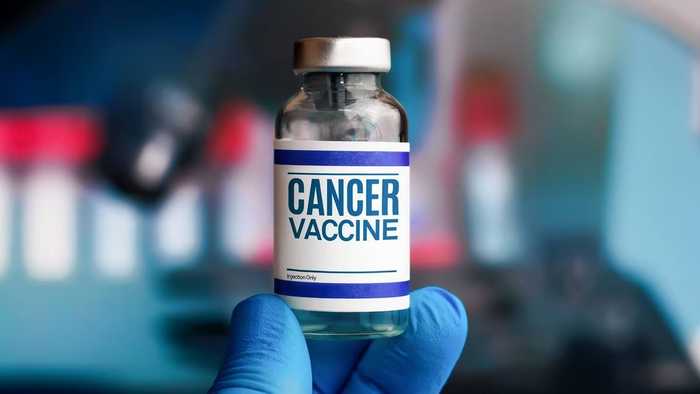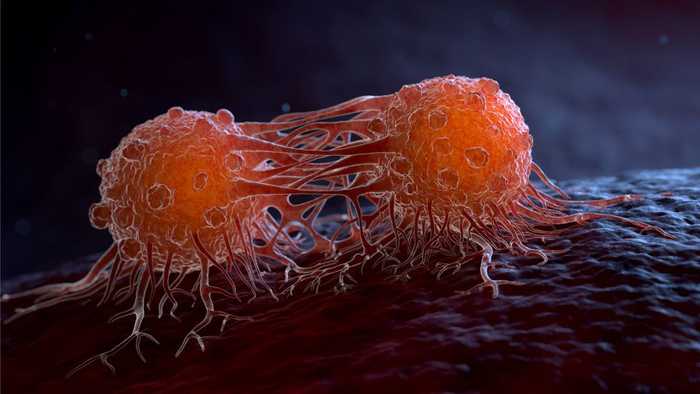Published 01:12 IST, July 16th 2024
Cancer Vaccine Promising Cure For 20 Cancer Types Hits Trail Stage
Thousands of patients in England will join innovative trials for personalised cancer vaccines through an NHS scheme. Read to know more.
- Lifestyle Health
- 3 min read
In a groundbreaking move, thousands of patients in England will join innovative trials for personalised cancer vaccines through an NHS scheme. This world-first "matchmaking" initiative aims to save lives by targeting bladder, colorectal, kidney, lung, skin and pancreatic cancers, with plans to include other types later.
Eligible patients only need to provide blood and tissue samples to participate in the Cancer Vaccine Launch Pad. This program involves 30 UK sites and a partnership with BioNTech. The first patient, Elliot Pfebve, who has colorectal cancer, has already received the vaccine. Early results are promising, though more data is required to confirm its effectiveness.

How many hospitals become part of the initiative?
Thirty hospitals have signed up for the Cancer Vaccine Launch Pad, which matches patients with upcoming mRNA vaccine trials. These vaccines, similar to those used for COVID-19, aim to train the immune system to target and eliminate any remaining cancer cells, reducing the risk of recurrence.
The NHS's personalised cancer vaccine trial is set to make a significant impact. Clinical trials like this are crucial for extending and improving the lives of cancer patients.
What is a personalised cancer vaccine?
Vaccines are typically designed to prevent diseases. However, cancer vaccines are developed to treat the disease once a person is diagnosed. Like traditional vaccines, they train the immune system to target a specific enemy, in this case, the patient's cancer.

A sample of Elliot's tumour was sent to BioNTech’s laboratories in Germany, where they identified up to 20 mutations unique to his cancer. They used this information to create a vaccine using mRNA, which instructs Elliot's cells to produce the mutated rogue proteins specific to his cancer cells.
The vaccine acts like a 'wanted poster,' revealing cancer cells that can hide in the body and resurface later. The goal is for the vaccine to prepare his immune system to find and destroy any remaining cancer cells, increasing the likelihood of him being cancer-free in the future.
What hope do personalised cancer vaccines offer?
A 55-year-old lecturer, Elliot Pfebve is the first NHS patient to join the Cancer Vaccine Launch Pad. He was diagnosed with colorectal cancer after a routine health check. Following surgery and chemotherapy, he received his personalised cancer vaccine at University Hospitals Birmingham NHS Foundation Trust. This vaccine was made using the same mRNA technology as the Pfizer/BioNTech Covid vaccine.

According to the reports, the trial’s principal investigator mentioned that it is too early to say if Pfebve is completely cured, but she remains very hopeful. Researchers are currently gathering more data and focussing on recruiting more patients to the trial to determine the vaccine’s effectiveness.
Updated 01:12 IST, July 16th 2024
